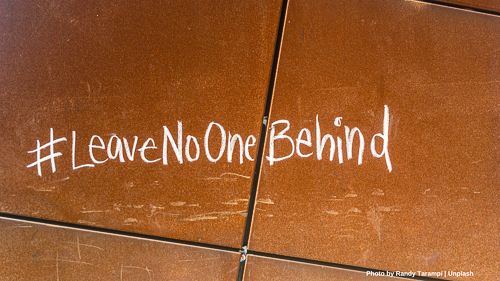As a tool that speaks to 7 out of the 17 SDGs, basic income pilots have shown transformative effects in communities. This blog post calls for a systematic consideration of this tool in social protection schemes across humanitarian, development and peacebuilding settings.
Basic income, aka universal basic income, is a periodic cash payment unconditionally delivered to all usual legal residents in a given territory on an individual basis, without means-test or work requirements, over a prolonged period of time. It is different from traditional cash transfers, which are often targeted according to vulnerability thresholds, can be conditional, are not always regular, and can take forms other than cash. These distinctions are behind the transformative effects basic income has had in communities where it was tested.
To read the full article, click here


